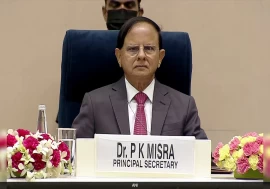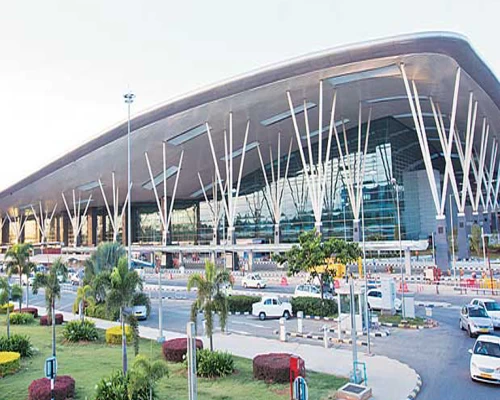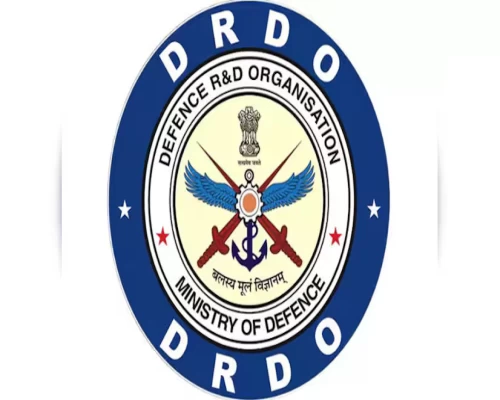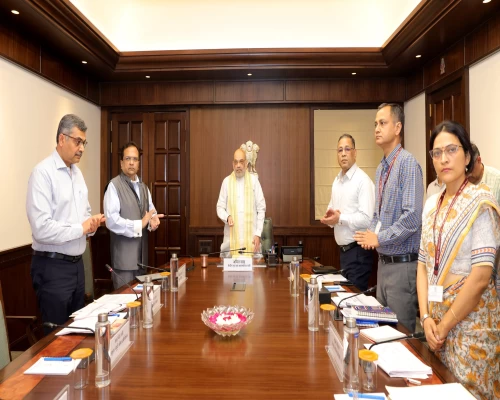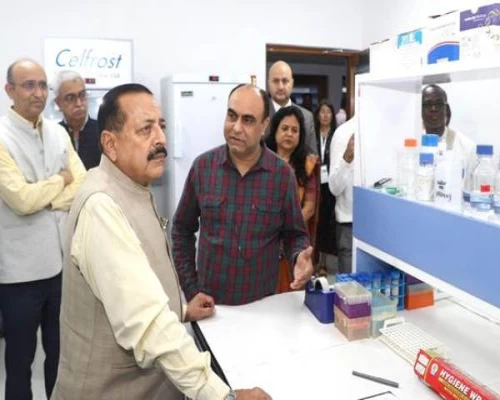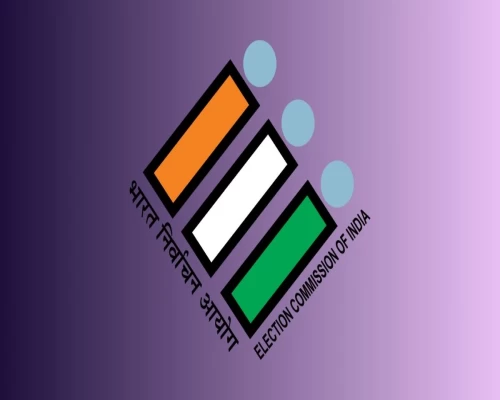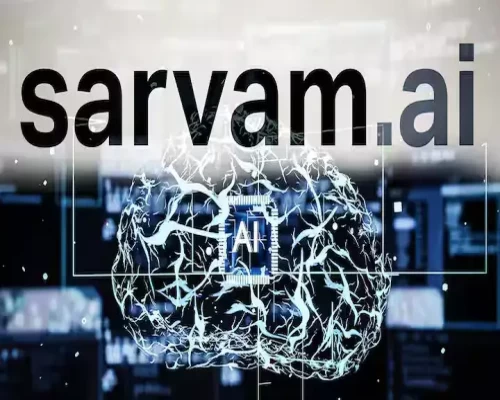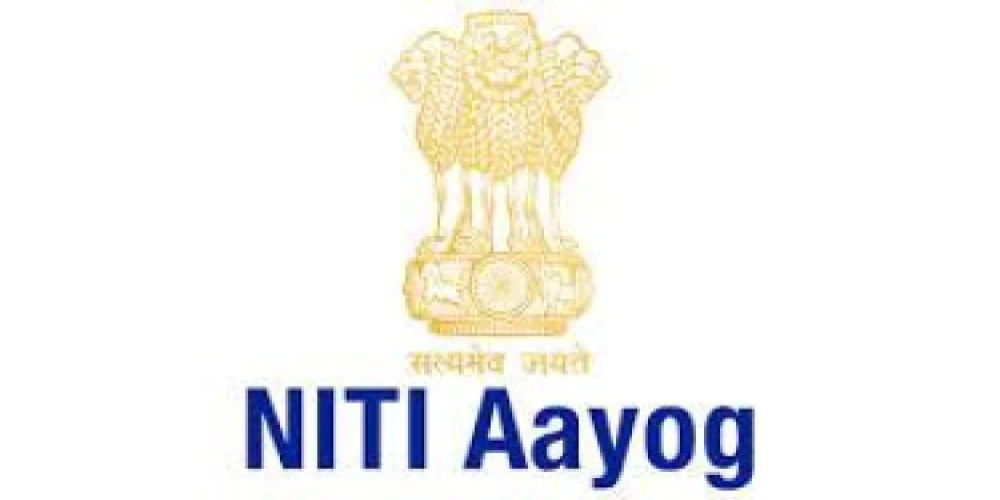
New Delhi: NITI Aayog has released the report ‘Designing the Future of Dispute Resolution: The ODR Policy Plan for India’ to scale dispute avoidance, containment and resolution online. The roll out of the stated recommendations in the report can help make India a world leader in using technology and innovation through Online Dispute Resolution (ODR) for effective access to justice for every individual. The report is a culmination of the action plan made by a committee constituted at the peak of the Covid crisis by NITI Aayog on ODR in 2020 and chaired by the Supreme Court Justice (Retd) AK Sikri.
The report recommends measures at three levels to tackle challenges in adopting the ODR framework in India. At the structural level, it suggests actions to increase digital literacy, improve access to digital infrastructure and train professionals as neutrals to deliver ODR services. At the behavioural level, the report recommends adoption of ODR to address disputes involving Government departments and ministries.
At the regulatory level, the report recommends a soft-touch approach to regulate ODR platforms and services. This involves laying down design and ethical principles to guide ODR service providers to self-regulate while fostering growth and innovations in the ecosystem. The report also stresses on strengthening the existing legislative framework for ODR by introducing necessary amendments to statutes. The report offers a phased implementation framework for ODR in India.
Extensive deliberations, including 20 stakeholder discussions and nearly 100 engagements at an institutional and individual level, were conducted by NITI Aayog with a range of stakeholders. Public feedback was also sought during the course of the deliberations. Consultations were held with members of the judiciary (current and former Supreme Court Judges), Attorney General, senior Government officials, industry representatives, academic institutions and civil society organisations, besides other domestic and international legal and technology experts. /BI/


